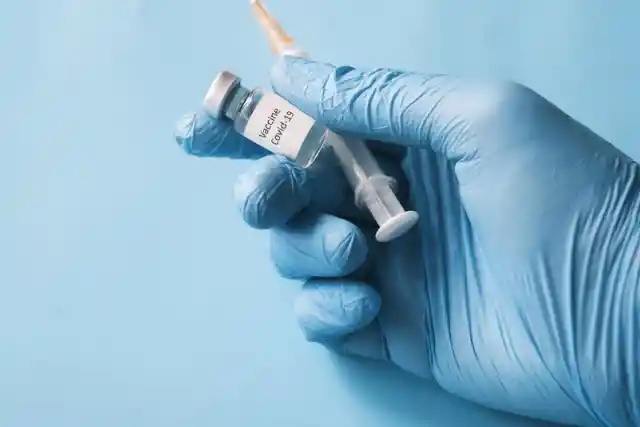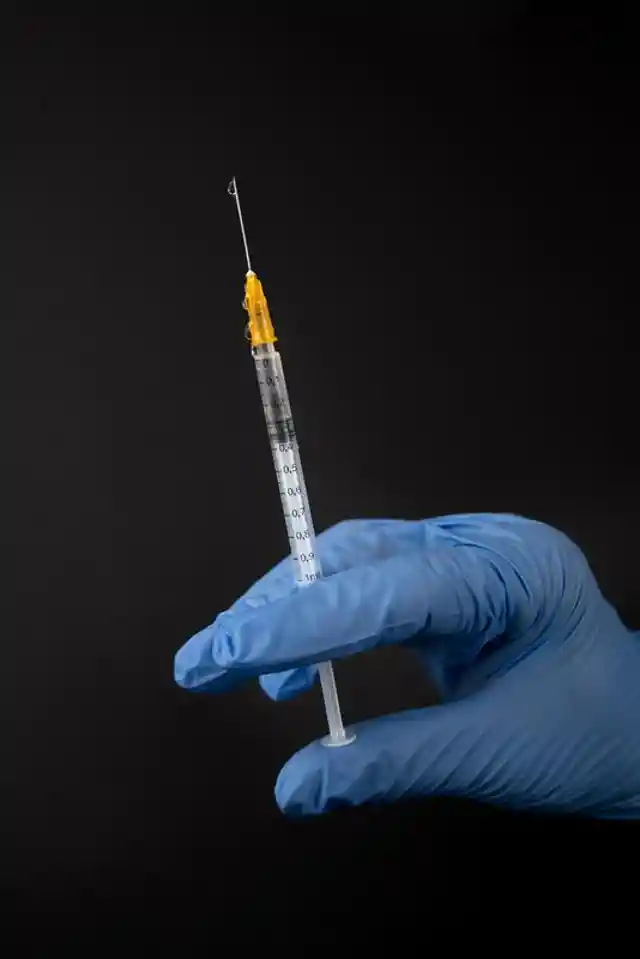We don’t know if you have noticed, but vaccination has been a hot topic for the last few years. The COVID-19 pandemic only heightened and exasperated this particular conversation. For some, vaccinations are mandatory and should be given to every single person without debate; for others, they are the complete opposite. As ever, part of the misunderstanding about vaccination stems from historical misunderstanding. How, then, did vaccination become a part of human history?


Vaccinations have been around for centuries
The concept of vaccination goes back to the days of Edward Jenner. Jenner used cowpox pustules to create a vaccination to protect against the rising fear of smallpox. However, there is some evidence that vaccination goes back even further.
Around 1000CE, there is some evidence that the Chinese were able to create a smallpox inoculation.
This has also been found in places like Turkey and also in Africa, before spreading to Europe and then America in the future. Jenner was around in the late 1700s, and in 1796 he was able to create his smallpox immunity. Today, we don’t even have smallpox – it has been more or less eradicated as a condition.


In 1885, vaccination for rabies was developed by Louis Pasteur and it was vital for helping to calm rabies as a human illness. Other vaccinations came along in the 1930s, helping to deal with everything from tuberculosis to the plague and cholera.
Head forward to the modern world, the 20th Century, and vaccination was becoming a more prominent – and controversial – topic. Viruses would be grown in a laboratory, and this allowed for greater innovation and thus the creation of more potent and varied vaccinations.
Today, research in this feature is now driven by the use of DNA technology and it means illnesses like polio, mumps, and more are beginning to slowly but surely be overcome. Vaccination is even being looked into for usage to help overcome allergies and addiction!
While many still see vaccination as a taboo topic depending on their outlook or upbringing, it is factual to say that vaccines have been a huge positive for society. Without them, we would still be battling illnesses and problems that we have faced for centuries – even millennia.